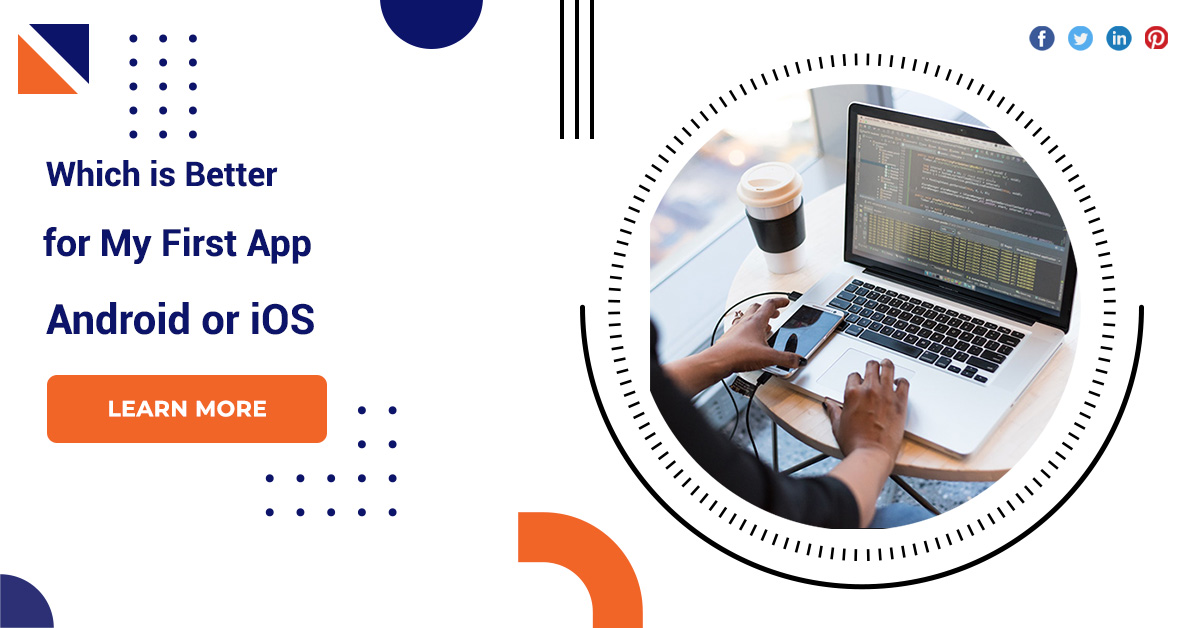Which Is Better For My First App Android Or iOS?
The choice between Android and iOS depends on a few factors. Embarking on the exciting journey of developing your first mobile app is undeniably thrilling, yet it comes with its fair share of decisions and dilemmas. Each platform boasts a colossal user base and unique features, making the decision-making process complex.
First app android or iOS
Android application first
Android boasts a larger user base globally, making it an attractive choice for a first app. The open nature of the Android platform allows for more flexibility in terms of development and customization, which can be beneficial for beginners.
iOS application first
iOS users are known to spend more on apps and in-app purchases compared to their Android counterparts. The Apple ecosystem is also recognized for its smooth user experience and high-quality standards, which can contribute to a positive reception of your app.
1. Location
If your audience is predominantly in regions where Android is dominant, starting with an Android app might be more strategic. Conversely, if your target market is in regions where iOS devices are prevalent, an iOS-first approach could be more effective.
2. Revenue
If your goal is to generate revenue quickly, iOS might be the better choice due to the spending habits of iOS users. However, keep in mind the higher costs associated with developing and maintaining apps in the Apple ecosystem.
3. Features
The choice between Android and iOS can also depend on the specific features you want to implement. Some features might be easier to develop or have better support on one platform over the other. Evaluate the technical requirements of your app and how well they align with the capabilities of each platform.
4. Cost
Developing for iOS often involves higher initial costs due to the need for Mac hardware and the mandatory use of Xcode. Android, being more open and versatile, can be a cost-effective option for those starting with limited resources.
5. Enterprise applications
If your app is primarily targeted at the enterprise market, iOS might have an edge. Apple devices are commonly used in business environments, and iOS provides robust security features that are crucial for enterprise applications.
6. Release cycles
Android app releases tend to have a more diverse and fragmented timeline due to the multitude of devices and operating system versions. iOS, with a more controlled ecosystem, allows for smoother and more synchronized release cycles.
7. Tablet market
If you’re aiming for a strong presence on tablets, iOS might be more appealing. iPads have a significant share of the tablet market, and developing for iOS ensures a consistent experience across various Apple devices.

Conclusion
The decision to start with an Android or iOS app depends on your specific goals, target audience, and resources. Android offers a broader reach, flexibility, and a potentially lower cost of entry. On the other hand, iOS provides a lucrative market with users willing to spend, a streamlined development environment, and a strong presence in certain industries.







